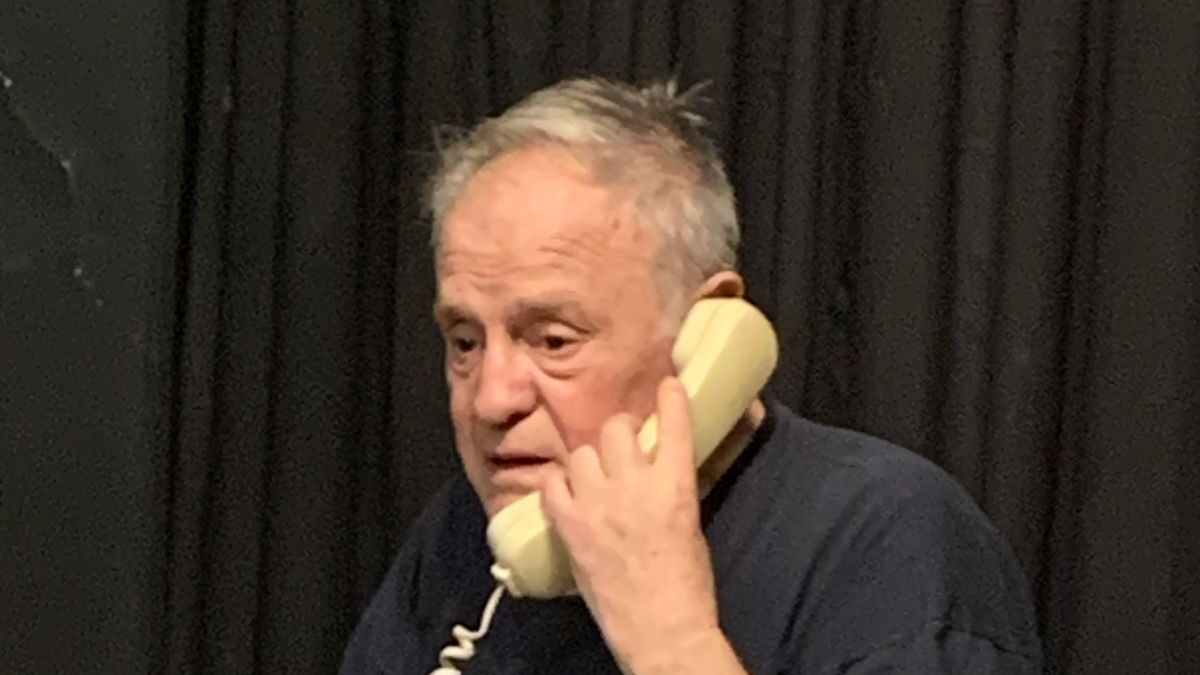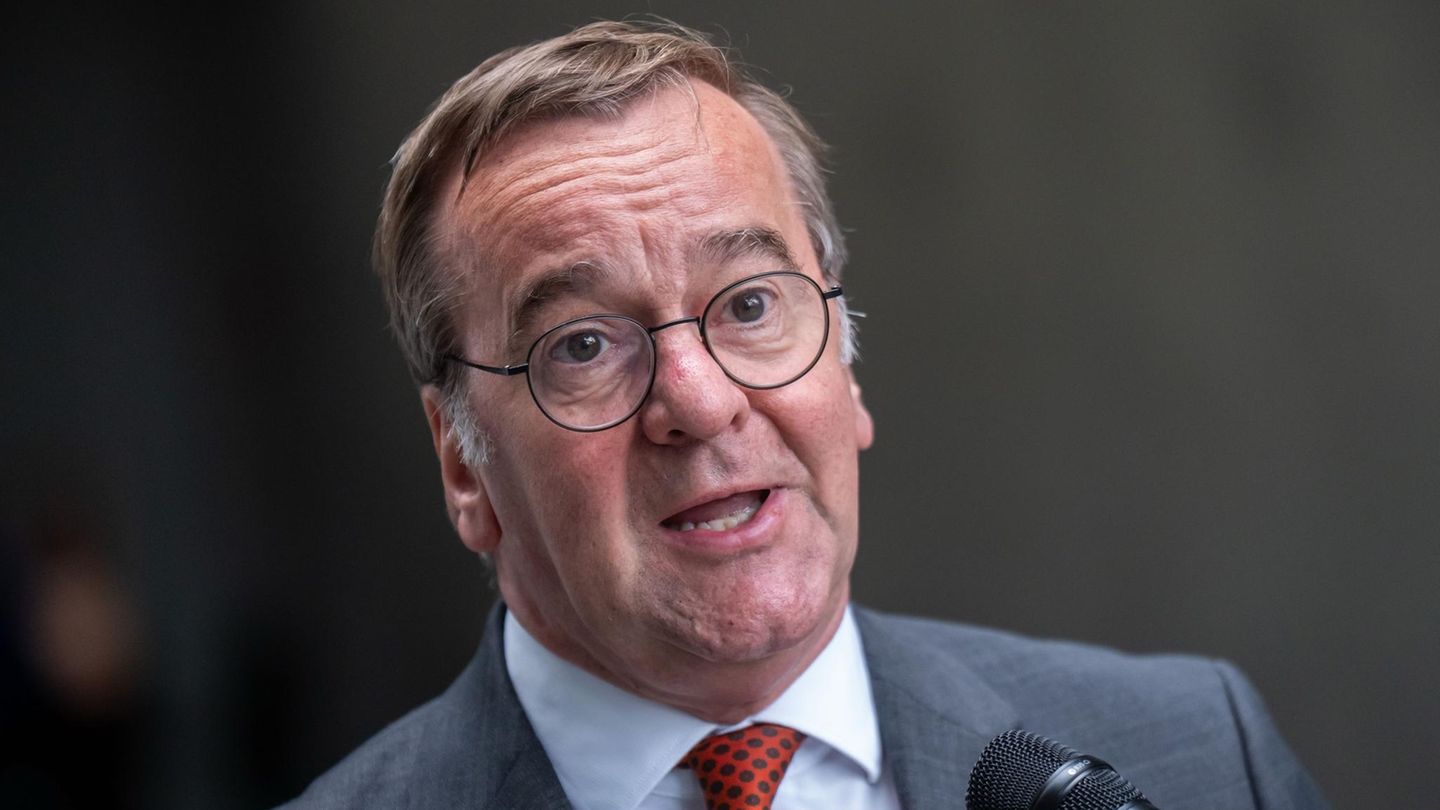“I built my character from my own and deep frustration of not having been able to change the world,” says Juan Trzenko, who stars “The bridge”, of Carlos Gorostiza, that premieres on Saturday at 21.30 in Scaffolder 90.
With adaptation and direction of Pablo Gorlero, This work that was released in 1964 is currently repeated, in a lower middle -class neighborhood where a accommodated family house lasts. The symbolism of the bridge appears as a route of understanding or rupture between social antagonists, not only marginalized and wealthy but also between complex individualities.
They complete the cast Flor Cublo, Mariel Rueda, Agustina D´Angelo, Ivana Averta, Nicolás Cúcúco, Elián Harper, Mauricio Méndez, Diego Semino, Joaquín Ceballos, Micaela Neve, Pablo Pallaman, Lautaro Pérez Hilan, Juan Cruz Cortes Corte and Facundo Leyrado. We talked with Trzenko.
Journalist: This work that premiered in 1964 could well pass today, what is the validity of this classic?
Juan Trzenko: Gorostiza wrote it in 1949, in the middle of the Peronist, movement, of appearance of this new class in social life, the black heads. The validity has to do with the different social classes, that although that term is a bit diffuse, at that time there was an agroganadera oligarchy and the rest were the poor, the blacks who came to settle to the capital. Talk about injustices and are older than life itself. It is valid because today more than ever highlights meritocracy and that reality remains present.
Q.: What is the conflict in the work and how is it related to today’s reality?
JT: It revolves around the representation of discrimination, because you are poor thief, you are poor because you want, how can you be poor if you have two or three jobs? Those are issues that this family blames. We have three jobs but it is not enough, which is what happens today. Magros salaries, as if that were an immovable reality, are poor and illiterate because they want, are black.
Q.: How did you build your character and how did the setting work work?
JT: I built it from my own experience, I am from the generation of the ’70s, at that time I was in the flower of my youth, wanting to change the world, having witnessed from afar in French May and the student seizure in the world, several revolutions had occurred and one had the illusion of changing things. But we failed, we couldn’t. This rich family’s father character failed and says it. He tells the daughter that she moved away from her class, that her spirit could leave but her body stayed there to house him. In my case it was not like that but my generation could not, because the method was wrong, because they believed that with 300 guys you could, but we wanted to defeat capitalism and not only is alive and running but that it was perfected with neoliberalism. From that deep frustration I built this father, not abandoning his thoughts but gave what he could not change.
Q.: How do you see theater and culture?
JT: Culture is attacked because a people without culture is an easily domesticable people. INCAA, the attack on popular artists, to everything that is a place of thought and debate. However, culture today has antibodies, in CABA there are almost more shows than in New York, and we continue to gather and resist. That is why I do theater, that’s why this work, that’s why we premiered this and in June “Incident in Vichy”, which speaks of Nazism, everything has to do with everything. Those who today govern the Tildo de Fascistas because they do not support the different and attack culture, public education, all who think differently from them.
Source: Ambito
I am an author and journalist who has worked in the entertainment industry for over a decade. I currently work as a news editor at a major news website, and my focus is on covering the latest trends in entertainment. I also write occasional pieces for other outlets, and have authored two books about the entertainment industry.




